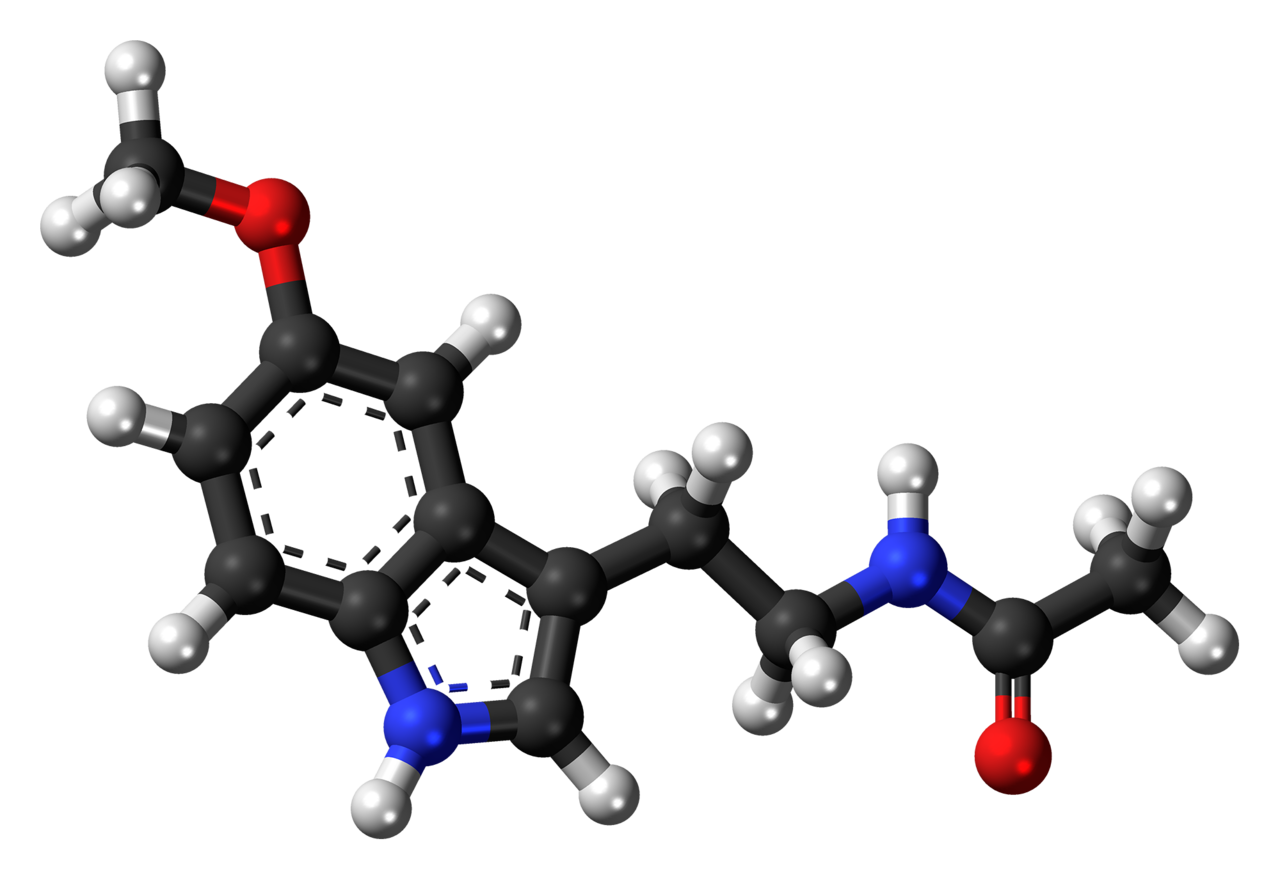The Science of Optimal Sleep: Introduction to Nutritional Biochemistry, Part 5

In the previous four articles in this series we looked at fat loss, muscle gain, hydration, and flexibility. Here, we finish the series by turning our attention to sleep.
There are plenty of tips and tricks out there for more and better sleep (I’ve included a big list at the end of this article as well) but rarely is the underlying science taught, especially in a way that is actionable for self-experimentation (e.g. “why exactly should I take this 5-HTP supplement?”).
Most articles on sleep suggest various food, drinks, supplements, or drugs to consume (or not), wavelengths of light to let hit your eyes (or not), and/or activity to do (or not do) at certain times. These claims are usually based on anecdotal evidence or a whimsical hand wave toward “studies”, which isn’t very helpful for the scientifically curious reader.
Having a basic idea of how a car works, for example, will help you discern whether or not you need to take it into a mechanic when something is broken. Sadly, when it comes to sleep in particular, and health and fitness in general, having a basic knowledge of what’s going on “under the hood” is rare. Most people either go see a doctor too often, or not often enough.
Thus, my goal here is to help you make sense of it all in a way that — in addition to consulting with your doctor (please do) — you can intelligently experiment with improving the length and quality of your sleep.